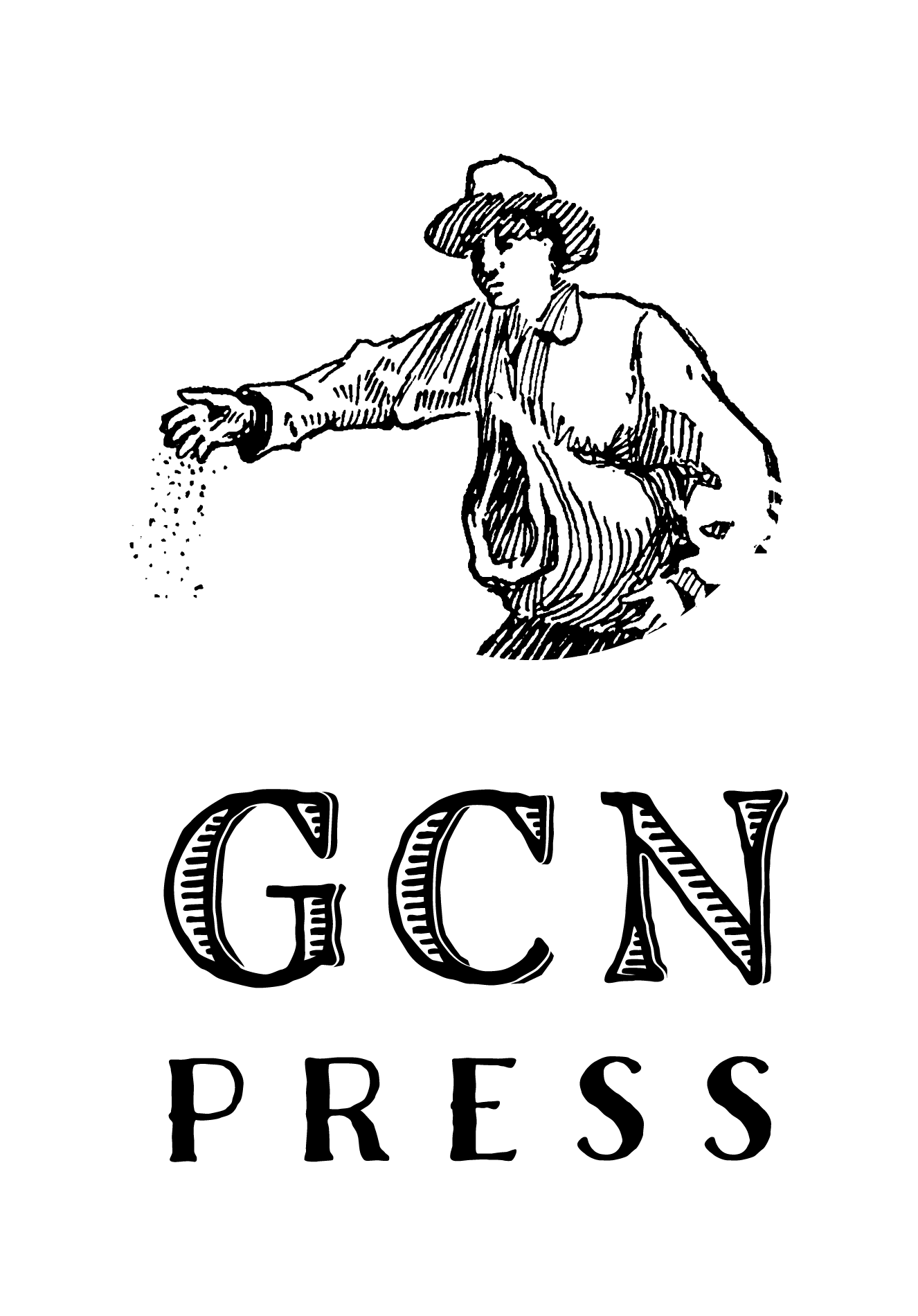Bringing Hope and Health to Haiti
Helping to alleviate a full-blown health care crisis during the Covid-19 pandemic, the GCN partner business Primary Mobile Medical International recently shipped the first of several mobile medical clinics to one of the poorest areas of Haiti.
The first PMMI mobile clinic bound for Haiti was recently shipped from Topeka, Kansas and is scheduled to arrive in early April 2021. Additional mobile medical clinics are planned to be delivered to Haiti later in 2021.
The clinics will be operated by local doctors and nurses in coordination with a catholic church and mission. “We have reliable, qualified medical staff on the ground to run the clinics,” said Topeka business leader and GCN co-founder Tom Petersen, who launched PMMI in about 2008.
The project in Haiti is the result of a strong partnership between PMMI and two nonprofit organizations. Food for the Poor, a Florida-based interdenominational relief organization that operates in Latin America and the Caribbean, handled the legal and shipping logistics. Archangel Airborne, a nonprofit that provides humanitarian special operations with its team of pilots and airplanes, was a “driving force” behind the project’s coordination.
After years of building medical clinics in Ghana, Petersen improved on a Harvard University experiment so that he could convert shipping containers into low-cost, efficient, easily transported mobile clinics. He and his team developed a less expensive, more practical way to convert the clinics for the purpose of providing basic health care. In developing nations, many people suffer or die when then only need primary care, such as Hepatitis-C testing, blood pressure checks, and vaccinations.
Each PMMI clinic is outfitted with medical equipment needed to provide primary health care, such as sonograms for pregnant women and centrifuges for blood testing. The clinics also come with a computer and software designed to help doctors and nurses to keep accurate patient records. The clinics can be powered by connecting to the local electrical grid or by solar and generator.
The clinic just sent to Haiti will soon open at a critical time. Haiti’s population of 11 million has been hammered by earthquakes and hurricanes in recent years. Then, in March 2020, the Covid-19 pandemic swept into Haiti, forcing economic closures, overwhelming health facilities, and worsening food shortages. According to the United Nations, about six million people live below the poverty line in Haiti and 40 percent of the population is food insecure.
Helen La Lime, a United Nations special representative to Haiti, said these crises were already “stretching this country’s already fragile health system and testing its meager social safety net.”
Haiti’s health care infrastructure, even before the pandemic, is so underfunded that the nation’s doctors and clinics can only treat several hundred patients per day, according to UN reports. Without that infrastructure, providing people with Covid-19 tests and sharing data about infections has been nearly impossible.
Petersen believes that mobile medical clinics can bring rapid relief to contexts like Haiti’s. A brick-and-mortar clinic, he says, can take years to build in developing nations whereas a mobile clinic can be up and running in about an hour after it arrives. Mobile clinics are far cheaper than buildings, costing between $45,000 and $65,000 each, depending on the type of medical equipment that is included. They can also be moved to crisis areas and then redeployed as needed. And they are virtually indestructible in the face of natural disasters.
In many developing nations, poor people in rural areas are forced to travel long distances to received medical care. PMMI’s clinics can be delivered by truck to these rural areas, thus removing the travel burden.
The clinics also become microenterprise opportunities that generate jobs. Petersen and his PMMI team have proven that to be the case in Ghana, where Dr. Edith Clarke runs a multi-container medical center in an industrial area of Accra. Approximately 70,000 workers in that region now have access to health care that they otherwise lacked.
“The key for me is what we see in the Gospel of Luke, where it says that Jesus healed people wherever he went,” said Petersen. “That sums up my heart for this business. I have a passion for helping people physically, mentally, and spiritually.”
PMMI is seeking funding to bring hundreds of mobile clinics to Ghana. Click here for more information.
